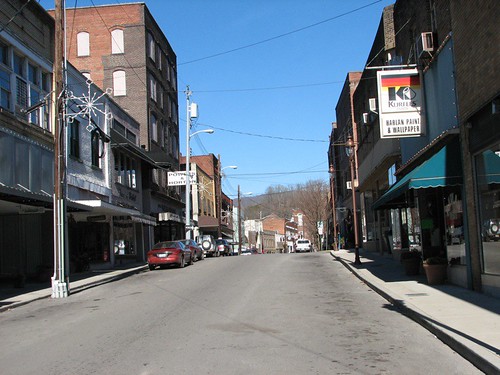
Eastern Kentucky laid to rest one of its fiercest advocates this week: Pat Gish, who with her husband Tom, ran The Mountain Eagle weekly newspaper in Whitesburg, Ky., for more than 50 years. (Lexington Herald-Leader photo by James Kenney, used with permission: Pat, with husband Tom) The Gish’s “spoke truth to power . . . through their crusading weekly newspaper,” writes the Lexington Herald-Leader’s Bill Estep in this excellent piece about Pat’s life and legacy. From the piece: “‘We’ve lost another true bulldog of journalism. Pat and Tom were inseparable when it came to what they believed was right and wrong and neither hesitated to go after the truth,’ said David Thompson, executive director of the Kentucky Press Association.” The Gish’s were never afraid to print the truth about local politics and the abuses of the coal industry against miners and communities, even though printing that truth in the local paper at that time was practically unheard of. Even after threats, business boycotts of the paper, dropped ads, and after The Mountain Eagle office was firebombed by a police officer, the Gish’s kept publishing their paper. They knew they had a duty to their community, and they helped uplift it and propel it forward. “We are convinced that knowledge is power and that the more the Eagle can help inform its readers about local and far-away developments that affect them, the more good things can happen,” said the couple in a 2000 commentary. The Gish’s were champions of rural journalism, writes Tim Mandell of...







